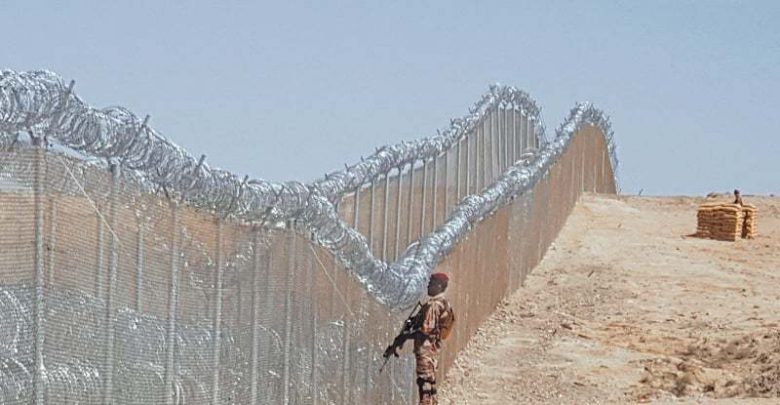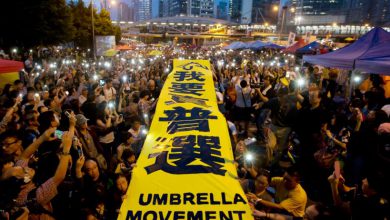Africa and Middle EastAllAllAsia and OceaniaOngoingOngoing
Baluchistan – Insurgency or a Fight for Human Rights?
The lack of governance and official presence leaves the area open to the control of militias and other armed groups who are eager to get and maintain control of these resources with little regard to the people living there.

The region of Baluchistan covers territories across three states, Pakistan, Iran and Afghanistan, all rich with natural resources such as gas, oil, coal and various precious metals. Surprisingly, this is one of the most underdeveloped areas, which is a gigantic feat to the people living there. The lack of governance and official presence leaves the area open to the control of militias and other armed groups who are eager to get and maintain control of these resources with little regard to the people living there.
The Conflict
Baloch nationalists use insurgency tactics against the governments of Pakistan, Iran and Afghanistan demanding control of local natural resources and the establishment of an independent Baluch entity, with Baloch nationalists in power. Even though the Baluchi nationalists are fighting for control, they do not necessarily represent the whole population living there and often attack different ethnicities, such as the Shia population in the region. With this said, the Baluchi insurgents repeatedly state that their just cause isn’t about money, but about human rights and the inhuman living conditions in the region.
Pakistan
Waves of violence have gone up and down throughout the years and leaderships have changed, but the agenda has always been the same. Balochi factions claim that, in Pakistan, Baluchistan is underdeveloped, and poor compared to the rest of the country, especially with China’s recent investments with its Belt and Road Initiative, which is imperative to the Chinese project.
In 2000 The Baluchistan Liberation Army started to systematically commit attacks against Pakistani citizens, police and military and was subsequently declared a terrorist organization. Some militant Baluchi groups have even allied with ISIS.
Iran
As of 2014 there were about 2 million Balochis in Iran. In 2005 Baluch insurgents, namely an Al Qaeda affiliated group called Jundallah, started targeting Iran as well. The Balochi’s claims against Iran go back to the Islamic revolution of 1979 when the Baluchi (Sunni) minority was defined as a threat to the new Shiite regime. The Baluchi’s claimed that the new government was predominantly Persian and therefore not representative of the population, forcing the Balochis to protect themselves and their civil rights.
Here too, the Baluchi areas of Iran are extremely poor and neglected despite its vast natural resources.
Afghanistan
In the 70s militant Balochi groups established training camps in Afghanistan, the notorious country for terrorist training, and these were the first modern camps in the region. In 2012 the majority of these camps were allegedly dismantled by Pakistan due to the threat they were posting to Pakistan at the time. It seems that the Balochis mainly used Afghanistan for training and do not have grievances against them.



